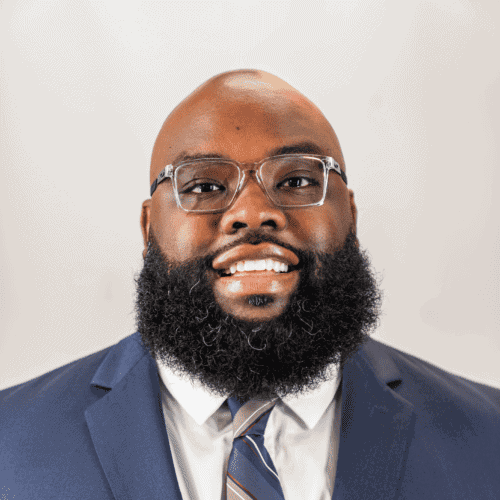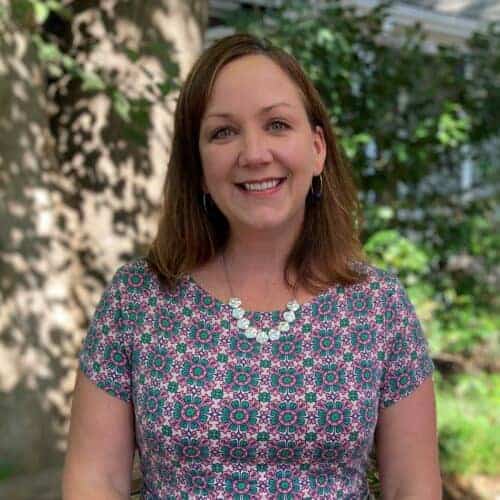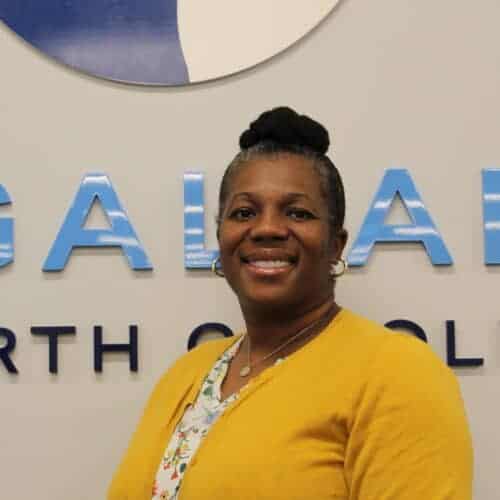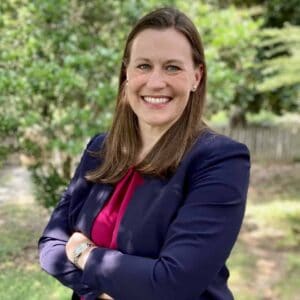Can you believe that 2023 is already over? What a year it’s been for Legal Aid of North Carolina! As we reflect on the past year, we find ourselves feeling grateful for the continued support from our community and proud of the progress we’ve made as an organization.
At the onset of 2023, we set goals aimed at delivering high-quality legal and non-legal services to eligible North Carolinians. This included preserving the stability and safety of individuals and families, defending the rights of homeowners and tenants, promoting economic stability and development, and safeguarding access to vital government benefits. We’d like to take a moment to share how we worked towards and met these objectives.
LANC by the Numbers
In 2023, we managed over 25,000 cases, empowering more than 65,000 individuals to understand and assert their rights. Our efforts extended to over 30,000 children in North Carolina. Our top service areas included issues such as domestic abuse, eviction, immigration/naturalization, federally subsidized housing, and criminal record expungement.
Within this framework, we addressed the unique challenges faced by our clients, whose average household income stood at $21,635 annually, reflecting 102.9% of the federal poverty level.
(a few of) Our Biggest Accomplishments
A standout achievement for us in 2023 was the launch of our Innovation Lab – a collaborative hub where interdisciplinary legal teams come together to develop and test ideas, leveraging new technologies to enhance the efficiency of legal services for North Carolinians. You can learn more about our Innovation Lab here.
In July 2023, our Farmworker Unit made headlines by filing a lawsuit against Lamm Farms, LLC, Alvarado’s Harvesting, LLC, and others for human trafficking and wage violations. As this case unfolds, we remain steadfast in our commitment to defending our client and other farmworkers against poor working conditions and withheld wages, with a vision to set a precedent for improved working conditions for all farmworkers. Learn more.
Last October, we launched a campaign for Domestic Violence Awareness Month, including the debut of Beyond Fear, our first-ever documentary. Beyond Fear shines a light on the stories of survivors who sought support from our organization. These stories remind us of the hidden world of domestic violence, and we’re proud to stand with survivors breaking free from the cycle of abuse. You can watch Beyond Fear here.
Exciting, New Faces at LANC
In 2023, we introduced some new faces to our leadership team! Say hello to Chief Technology Officer Sean Burke, Chief Diversity Officer Demetrius Edwards, Director of Development Missy Hatley, and Chief Community Engagement Officer Niya Fonville Swint.

Sean Burke
Chief Technology Officer

Demetrius Edwards
Chief Diversity Officer

Missy Hatley
Director of Development

Niya Fonville Swint
Chief Community Engagement Officer
We would also like to give a shoutout to our new Board Chair, Nikki Feliciano of Pinto Coates Kyre & Bowers, PLLC. We thank her for taking the responsibility of representing our Board of Directors and look forward to her continued leadership in 2024!

Nikki Feliciano
Board Chair
Pinto Coates Kyre & Bowers, PLLC.
A Shoutout to CIU
The 17-year anniversary of our Centralized Intake Unit (CIU) was another cause for celebration. Beyond managing our intake process, the CIU staff delivers legal services and information by phone or online, alongside engaging in community education and outreach. Hats off to CIU for 17 years of making North Carolina more just!
An End of Year Suprise
The year concluded on a high note with a generous surprise from philanthropist Mackenzie Scott, who donated $5.5 million to Legal Aid of North Carolina. We express our gratitude for this donation, which will play a pivotal role in our work. A significant portion of these funds will go towards supporting our Domestic Violence Prevention Initiative, enabling us to go above and beyond in protecting survivors.
We can’t do our work without continued support and donations, so we’d like to thank all of you who champion our cause! Every dollar makes a difference.
THANK YOU! THANK YOU! THANK YOU!
To every member of our stellar team, our amazing community, and our generous donors, here’s a massive virtual hug. You made 2023 one for the books! As we head into 2024, get ready for more accomplishments, more impact, and a whole lot more justice for all North Carolinians. Let’s make it a year to remember!

